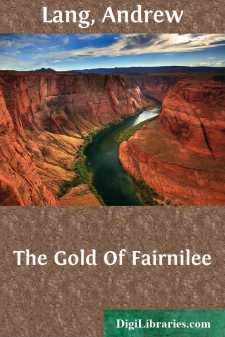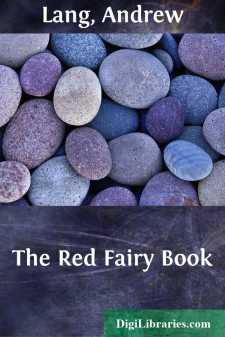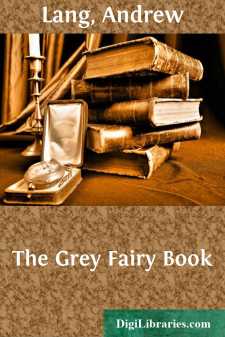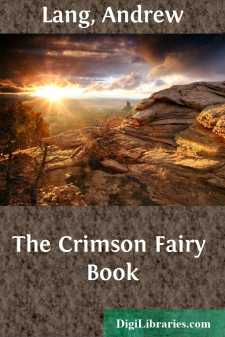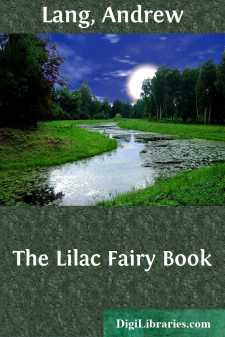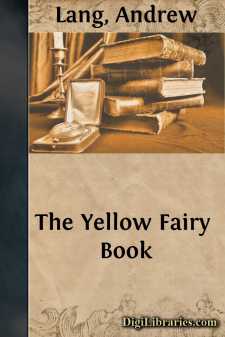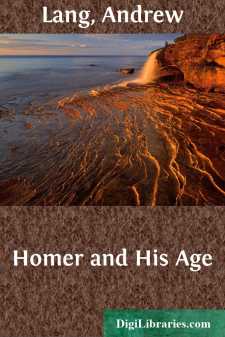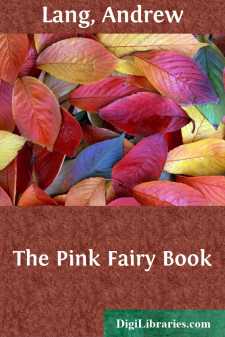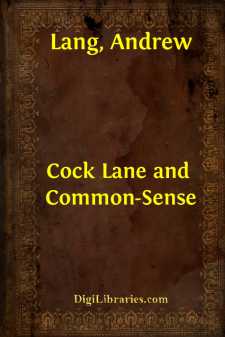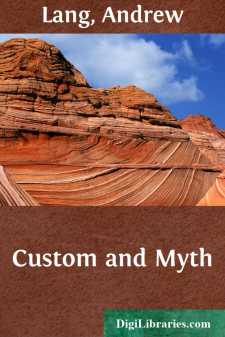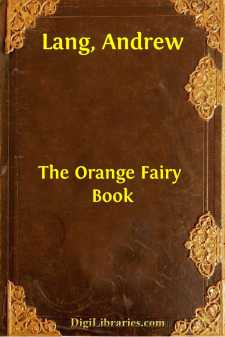Categories
- Antiques & Collectibles 13
- Architecture 36
- Art 48
- Bibles 22
- Biography & Autobiography 813
- Body, Mind & Spirit 142
- Business & Economics 28
- Children's Books 17
- Children's Fiction 14
- Computers 4
- Cooking 94
- Crafts & Hobbies 4
- Drama 346
- Education 46
- Family & Relationships 57
- Fiction 11829
- Games 19
- Gardening 17
- Health & Fitness 34
- History 1377
- House & Home 1
- Humor 147
- Juvenile Fiction 1873
- Juvenile Nonfiction 202
- Language Arts & Disciplines 88
- Law 16
- Literary Collections 686
- Literary Criticism 179
- Mathematics 13
- Medical 41
- Music 40
- Nature 179
- Non-Classifiable 1768
- Performing Arts 7
- Periodicals 1453
- Philosophy 64
- Photography 2
- Poetry 896
- Political Science 203
- Psychology 42
- Reference 154
- Religion 513
- Science 126
- Self-Help 84
- Social Science 81
- Sports & Recreation 34
- Study Aids 3
- Technology & Engineering 59
- Transportation 23
- Travel 463
- True Crime 29
The Gold Of Fairnilee
by: Andrew Lang
Categories:
Description:
Excerpt
CHAPTER I.—The Old House
YOU may still see the old Scotch house where Randal was born, so long ago. Nobody lives there now. Most of the roof has fallen in, there is no glass in the windows, and all the doors are open. They were open in the days of Randal's father—nearly four hundred years have passed since then—and everyone who came was welcome to his share of beef and broth and ale. But now the doors are not only open, they are quite gone, and there is nobody within to give you a welcome.
So there is nothing but emptiness in the old house where Randal lived with Jean, three hundred and sixty years or so before you were born. It is a high old house, and wide, with the broken slates still on the roof. At the corner there are little round towers, like pepperboxes, with sharp peaks. The stems of the ivy that covers the walls are as thick as trees. There are many trees crowding all round, and there are hills round it too; and far below you hear the Tweed whispering all day. The house is called Fairnilee, which means "the Fairies' Field;" for people believed in fairies, as you shall hear, when Randal was a boy, and even when my father was a boy.
Randal was all alone in the house when he was a little fellow—alone with his mother, and Nancy the old nurse, and Simon Grieve the butler, who wore a black velvet coat and a big silver chain. Then there were the maids, and the grooms, and the farm folk, who were all friends of Randal's. He was not lonely, and he did not feel unhappy, even before Jean came, as you shall be told. But the grown-up people were sad and silent at Fairnilee. Randal had no father; his mother, Lady Ker, was a widow. She was still quite young, and Randal thought her the most beautiful person in the world. Children think these things about their mothers, and Randal had seen no ladies but his mother only. She had brown hair and brown eyes and red lips, and a grave kind face, which looked serious under her great white widow's cap with the black hood over it. Randal never saw his mother cry; but when he was a very little child indeed, he had heard her crying in the night: this was after his father went away.
RANDAL remembered his father's going to fight the English, and how he came back again. It was a windy August evening when he went away: the rain had fallen since morning. Randal had watched the white mists driven by the gale down through the black pine-wood that covers the hill opposite Fairnilee. The mist looked like armies of ghosts, he thought, marching, marching through the pines, with their white flags flying and streaming. Then the sun came out red at evening, and Randal's father rode away with all his men. He had a helmet on his head, and a great axe hanging from his neck by a chain, and a spear in his hand. He was riding his big horse, Sir Hugh, and he caught Randal up to the saddle and kissed him many times before he clattered out of the courtyard. All the tenants and men about the farm rode with him, all with spears and a flag embroidered with a crest in gold....


